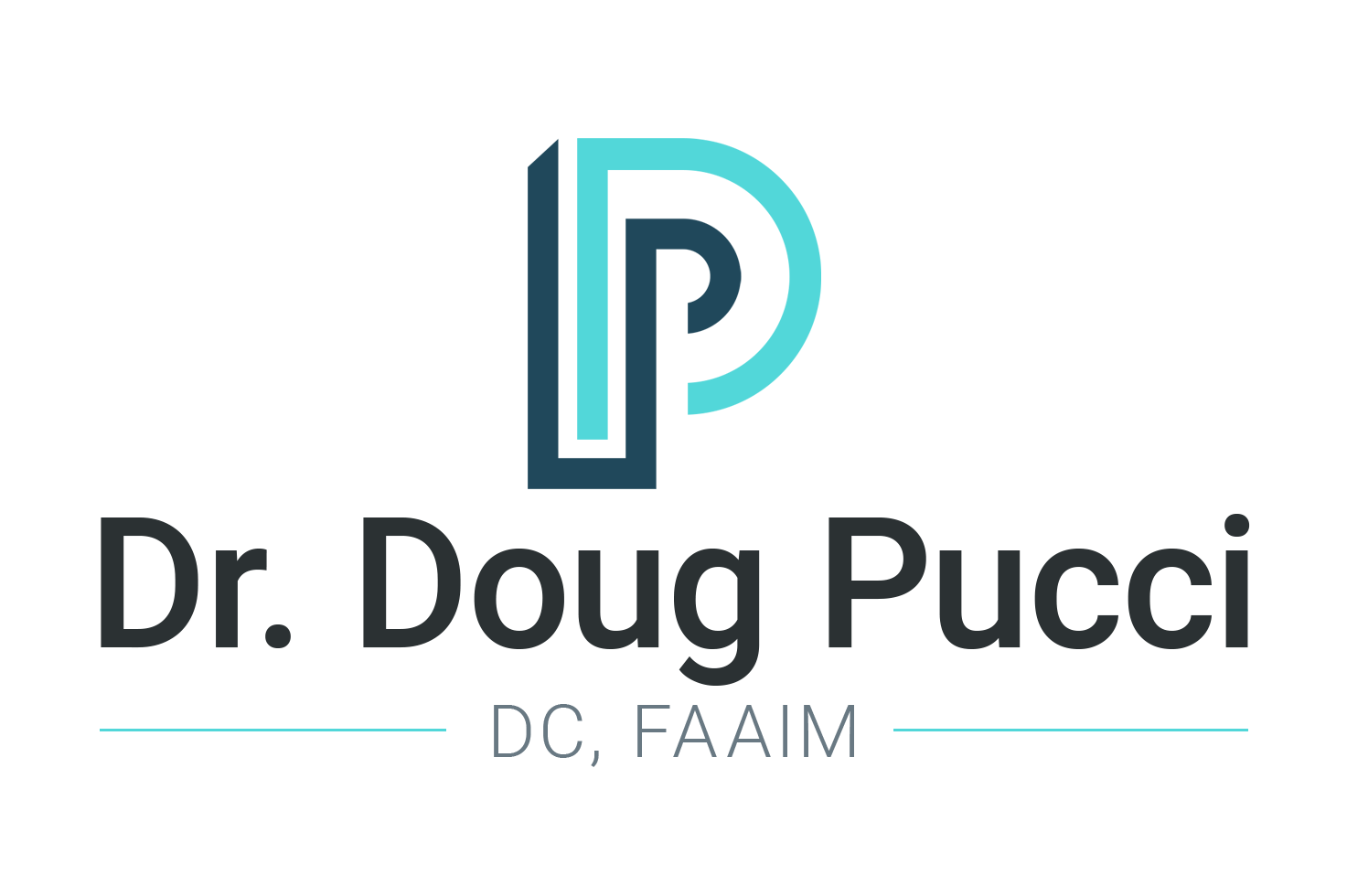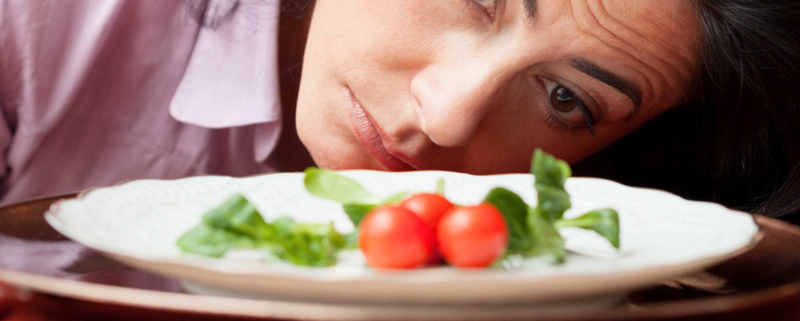Why Dieting Won’t Work for Weight Loss Creating a frame of mind for healthy weight and a personal challenge to yield lasting results.
To be successful in weight loss, we need to change our collective mindset. Flip the internal dialogue to this: I don’t lose weight to get healthy, I get healthy to lose weight. Almost everyone has tried a “diet plan”, which usually either doesn’t work, isn’t sustainable, or yields only temporary results. Instead, shift the focus to what can be done to start getting healthier—with this new mindset, and a few simple tweaks, weight loss will happen in a healthy way as overall health is achieved!
Gaining clarity as to why it’s significant to lose weight, and making it a powerful reason, is the first step. Clarifying a personal why—such as having more energy, gaining more confidence, lowering the risk of disease where weight is a contributor, or healing our gut from toxins—gives a stronger commitment to reaching those weight loss goals.
The outdated traditional weight loss mindset involved three things: lose weight to get healthy (fact: thin does not equal healthy); calories in, calories out (fact: a low-calorie food is not necessarily a healthy food); cholesterol is bad (fact: cholesterol is necessary for brain function and cellular health). The contemporary functional weight loss mindset focuses on good health: get healthy and release excess weight; choose nutrient-dense whole foods; sugar is the worst (excess sugar creates excess energy in the body which is stored as fat).
Everything we consume falls into three main food categories:
- Protein – not a main energy source; converted into fundamental building blocks called amino acids which build and repair tissue. Choose non-inflammatory proteins (beef, chicken, fish, eggs, beans, legumes, etc.) over proinflammatory proteins (processed proteins such as bacon, sausage, etc.).
- Fats – eating fat does not make us fat. Healthy fats are those that occur naturally in food sources; bad fats are those made by the body due to excess energy, which creates fat.
- Carbs – choose good carbs (complex) such as dark leafy greens, cruciferous vegetables, whole grains, nuts, seeds, beans, and legumes over bad carbs (simple) like starchy foods and sweets. Replace simple carbohydrates with healthy fats to feel fuller.
Learn more about why dieting won’t work for weight loss, and how to flip the script to a mindset for healthy eating, by tuning into Module 1 of The Down5 Pounds Challenge.
Participants who have implemented the strategies learned in the 5-Day LIVE Weight Loss Challenge have reported less pain, fewer headaches, more energy and weight loss. However, The Down5 Pounds Challenge is not the promise of a cure and does not constitute medical advice. To learn more about The Down5 Pounds Challenge: How to Curb the Midlife Madness Overtaking Your Gut!, please visit our website at learn.getwell-now.com. For questions or To dig a little deeper into your own unique biochemistry or learn about root cause healing and functional medicine, visit us at Get Well Now and schedule a Discovery Call.
About Dr Pucci - Dr. Doug Pucci, Founder, Pucci Wellness Center, is a functional medicine pioneer and Bergen County’s Face of Functional Medicine. He was honored to receive both The Best Of 2020 Awards for Functional Medicine in Oradell, NJ, and entry into Trademark Publications’ 2020 Who’s Who Directory, Honors Edition. Contact (201) 261-5430.
Food 101 is about food, and specifically how food is metabolized into energy. Why excess energy from simple carbohydrates induces a stress response that produces fat.
We begin to examine the food we eat and separate the “good” from the “bad” in each category (carbohydrates, fats, proteins). There are so many myths about food, fad diets, dietary strategies, and so on, that we want to tease these apart. All too often patients become paralyzed about what to put in their mouths or on the table.
Gaining Weight, Eating Too Often and Still Craving the Wrong Foods? is a primer on some of the ways that even a good dietary plan, such as keto, paleo and vegan, can go wrong.
The gut is not a sterile or empty environment. Indeed, it is filled with life. Learn about the GI Effects test from Genova, and the gastrointestinal tract. This test gives us indications for five broad categories that affect digestion and colon health: maldigestion, inflammation, dysbiosis, metabolic imbalance and infection.
Gut Health and Weight Loss is a look at why starving ourselves to lose weight isn’t the answer. And for most people, an excessive amount of exercise isn’t either.
Fiber is Key to a Healthy Gut Microbiome is about the life teeming inside and the fuel it craves. We’ve always known that fiber-rich foods are important to good health, but scientists are now finding out why.
Why A Diversity Of Probiotic Strains Matters? How to know whether the probiotics we’re taking are right for us? Is yogurt really the best choice? Dr. Pucci explains why diversity matters.
Stress Eating and Healthy Weight is about avoiding the tendency for takeout and a few suggestions for stress management techniques.
Toxic Stress is Causing Leaky Gut is about how cortisol stress begins to erode our barrier system, the lining of our mucosa, when toxins permeate the gut.
Foods that Trigger Immune Reactions is about the pro-inflammatory nature of modernized grains, fats and dairy and why these trigger an immune reaction.
Food Scores Download the EWG (Environmental Working Group) App application to learn which of our produce is ranked highest in pesticide use and which is adhering to pesticide free guidelines.
Answers to Listener Questions A ton of questions came up during the LIVE taping. Register for The Down5 Pounds Challenge to review the complete list of answers related to food, what we eat and why.
Easy Breezy Morning Routine is about the 10 tiny habits that will create change and even transform the day.











